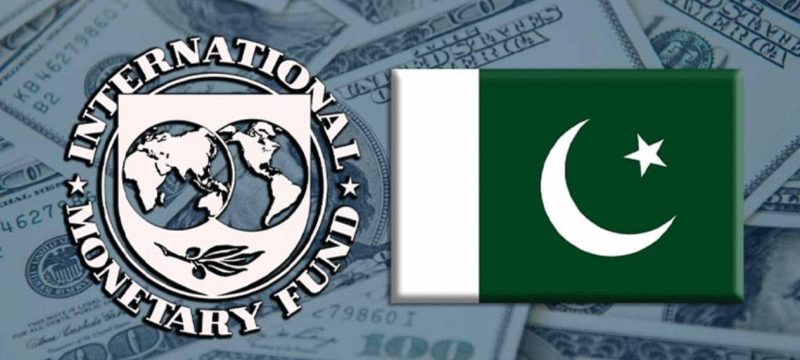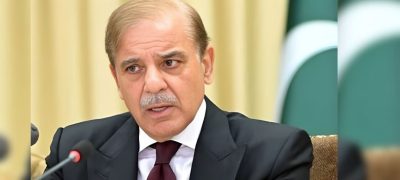The International Monetary Fund (IMF) has concluded its recent mission to Pakistan, during which it set a target for a primary budget surplus of 1.6 percent of Pakistan’s GDP for the fiscal year 2025-26. Despite this progress, full agreement on the budget targets between the IMF and Pakistani authorities has not yet been reached, with further discussions expected in the upcoming weeks.
The IMF team, led by Nathan Porter, arrived in Islamabad on May 19 to evaluate Pakistan’s recent economic performance, review the progress made under the 2024 Extended Fund Facility (EFF) and the 2025 Resilience and Sustainability Facility (RSF), and begin talks related to the next federal budget. The visit concluded with a statement on Friday, which described the discussions as constructive but acknowledged the need for continued dialogue to finalize the budget framework.
The IMF emphasized the necessity of maintaining fiscal discipline based on accurate data, urging Pakistan to increase its revenue by expanding the tax base and improving tax compliance. They also discussed expenditure reforms focused on prioritizing funding for essential sectors while continuing support for vulnerable groups through targeted subsidies. Pakistani officials reaffirmed their dedication to fiscal consolidation and protecting key social spending, and the IMF welcomed the government’s commitment to achieving the 1.6 percent primary surplus target for the upcoming fiscal year.
Nevertheless, sources within the government indicated that consensus has not been fully reached, particularly regarding tax relief sought for certain sectors such as salaried employees, real estate, and other industries aimed at aiding economic recovery. The IMF has yet to make a decision on these requests, stating that any approvals will depend on detailed data reviews and strategic considerations.
Energy sector reform remained a central topic during the mission. The IMF stressed the need to reduce inefficiencies and curb high costs in Pakistan’s power sector to lower fiscal losses and ensure affordable energy for consumers. Discussions also reaffirmed the State Bank of Pakistan’s medium-term inflation target range of 5 to 7 percent, with the IMF encouraging the continuation of tight monetary policies and fiscal prudence to keep inflation under control.
The mission also highlighted the importance of rebuilding Pakistan’s foreign exchange reserves and maintaining a flexible exchange rate system to ensure overall economic stability.
Regarding provincial finances, the IMF called on provincial governments to reduce spending and enhance revenue collection, including better enforcement of agricultural income tax. This effort to widen the tax base and strengthen collection is part of a broader plan to create fiscal buffers and support sustainable growth.
Looking ahead, the next formal review of Pakistan’s funding under the Extended Fund Facility is anticipated in the latter half of 2025. The IMF confirmed it will continue to engage with Pakistani authorities to finalize budget targets for the 2026 fiscal year.
The IMF’s key priority remains to maintain inflation within the central bank’s target band of 5 to 7 percent. Pakistani officials continue to pledge fiscal consolidation and aim to meet the primary surplus target of 1.6 percent of GDP for the fiscal year 2026.
Negotiations on the current loan program and budget have been ongoing since mid-May, starting with virtual meetings involving Pakistani officials in Turkey, followed by face-to-face discussions in Islamabad from May 19 onward.









